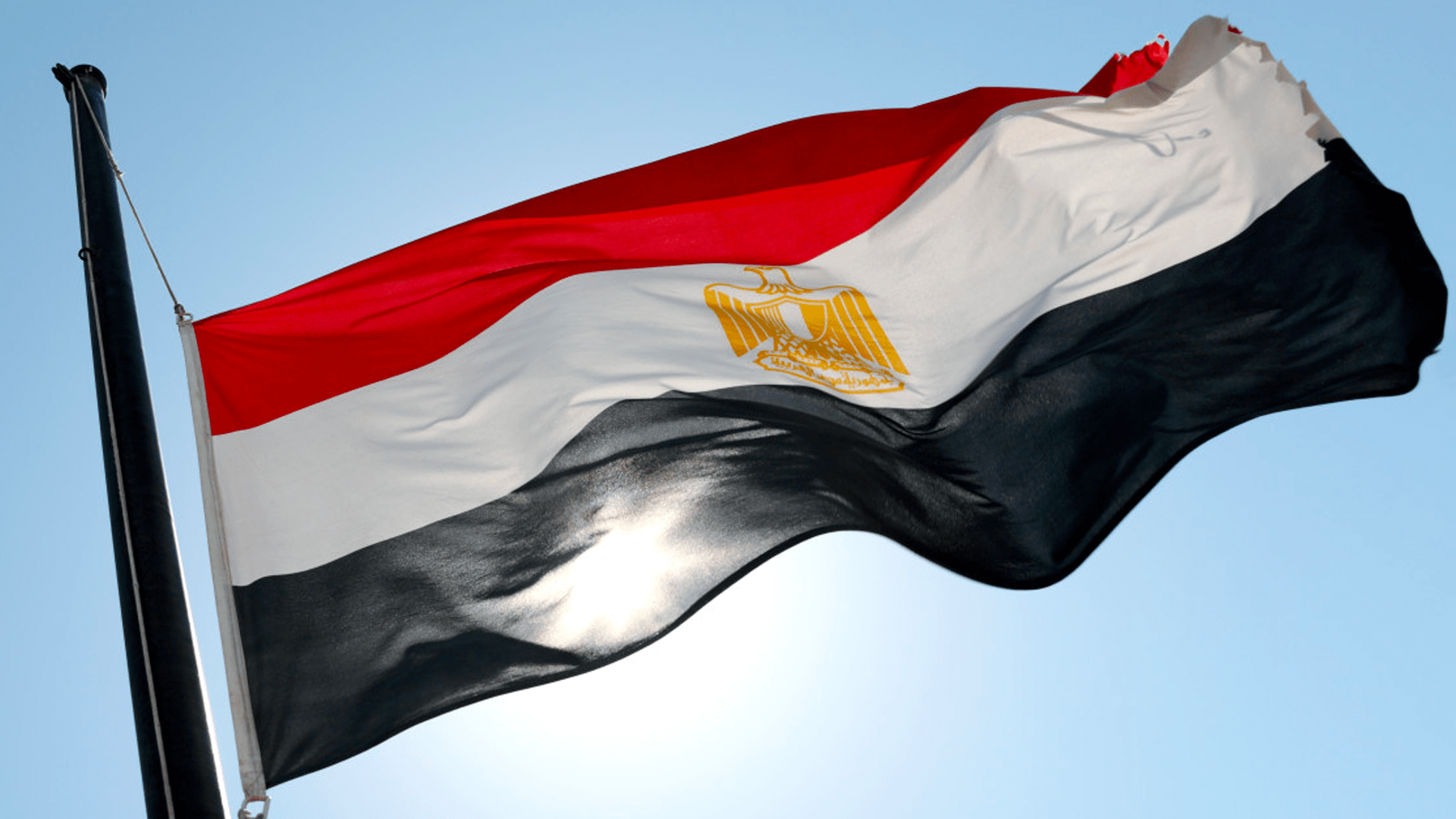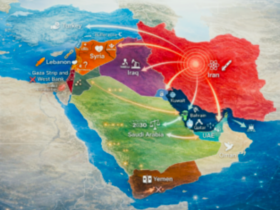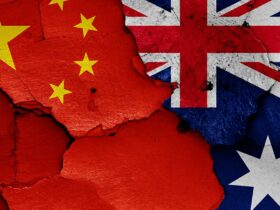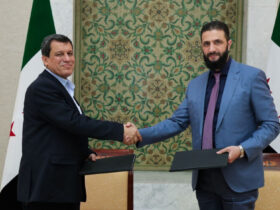By Nardine Ali (Egypt)
UAE-Israel peace deal ends honeymoon between Cairo and Abu Dhabi
After years of cold relations between the Gulf states and Israel, a peace agreement between Israel and the United Arab Emirates and Bahrain at the White House on September 15th, 2020, brokered by President Donald Trump and his son-in-law Jared Kushner, has revived the dream of Israel of normalising relations with Arab countries beyond Egypt and Jordan, who signed similar agreements in 1979 and 1994 respectively.
The new agreement was applauded by Egypt, who said that the deal is a significant move forward along the path of bringing peace to the Middle East and achieving prosperity and stability for our region.
“I have followed with great interest and appreciation the joint tripartite statement between the USA, the sisterly UAE and Israel, regarding the agreement to stop Israel’s annexation of the Palestinian lands,” Egypt’s President Abdelfattah Elsisi said in a tweet on his official Twitter account on August 13.
The deal between the UAE and Israel includes establishing full economic cooperation in several fields, including tourism, the financial sector, transportation and energy.
An agreement between Dubai Ports World (DP World) and Israel’s DoverTower to develop Israeli ports, found special economic zones, and to launch a direct shipping line between the Red Sea port of Eilat and Dubai’s Jebel Ali Port.
The statement published by the UAE-owned Sky News Arabia on September 16 suggests that the agreement is meant to facilitate trade between UAE and Israel, and the region in general.
The step has raised the alarms in Cairo, as this agreement, if executed, would jeopardise the Suez Canal, a major source of Egypt’s income, ending its stature as a linkage between Asia and Europe, and facilitating the movement of 10% of the global trade volume in the process.
Egypt has remained silent towards the new navigation passage reports. The only official response was stated by the Chairman of Suez Canal Authority (SCA), Lieutenant General Osama Rabie who downplayed the impact of the new navigation passage.
“There is an existing oil line between UAE and Israel that extends between the port of Eilat in the Red Sea and the port of Ashkelon in the Mediterranean,” Rabie said during a phone interview aired on Alhadath Alyoum on September 20, adding that this shipping line could transport oil to Europe.
However, Rabie says that the cost of the transfer will be bigger than using the Suez Canal, which dominates 66% of crude oil: 107 million tonnes of oil pass through the Egyptian canal, compared to 55 million tonnes that pass through the Eilat-Ashkelon line.
“The oil line between UAE and Israel is limited,” Rabie said, adding that the SCA is considering a new new price list to promote the new Suez Canal Axis and attract the cargo ships to the ports of East Portsaid and Ain Sokhna in case the new line represents any challenges to Egypt’s canal, but everything remains under control for the time being.
The chairman pointed out that transferring the cargo through the Eilat-Ashkelon line would not only affect the Suez Canal, but also competitive ports in Saudi Arabia, UAE, Qatar, Bahrain and Oman.
Will we see an end to the prolonged dispute between Turkey and Egypt anytime soon?
Relations between Egypt and Turkey have been abnormal since the overthrow of former President Mohamed Morsi in 2013. The fury of Turkey over the removal of the Muslim Brotherhood regime in Egypt had shadowed all aspects of common interests between the two countries; President Recep Tayyip Erdogan has used every important international event as a platform to attack the then-new regime, openly using his media platforms to call for the Muslim Brotherhood to retaliate against the regime that ended their ally’s regin in Egypt.
The dispute evolved and began to affect the entire region; recently it was translated into aggressive movements from both sides in Libya and the Mediterranean.
After describing the maritime demarcation deal signed between Egypt and Greece in August as a void deal with “no value,” Ankara denied the impact of the deal on its interests in the Mediterranean. Egyptian Foreign Minister Sameh Shoukry commented on this, saying that the Turkish authorities’ statements are “surprising and contradictory.”
“The repeated Turkish statements that deal, from a Turkish perspective, with what Egypt should do are surprising and contradictory,” Shoukry said during a joint press conference with his Hungarian counterpart Peter Szijjarto in Cairo on October 1.
According to Shoukry, such statements “serve as a claim that there are those who know the interests of Egypt better than those responsible for protecting its interests.”
The top diplomat referred to the Turkish military presence in some Arab countries, saying, “what is the legitimacy on which some unjustly build their military presence in Arab countries?”
Two weeks ago, Shoukry addressed the statements of Erdogan’s top aides Yasin Aktay, and praised the Egyptian army.
“We monitor the acts, if those statements contradict Turkey’s policies on the ground, they become worthless,” Shoukry told TeN TV’s reporter on September 13, asserting that Turkey’s policies are based on destabilising the region.
Aktay had previously dismissed the possibility of facing Egypt militarily in Libya, saying: “Egypt’s army is a great brotherly army,” Aktay said. “We do not wish or wait for confronting this army, however, this does not mean we are afraid of it,” he added, refusing to reveal the nature of the alleged negotiations between Cairo and Ankara.
The chief aide accused France and “another Arab country” of inciting Egypt against Turkey, but he ruled out such confrontation, saying “it is impossible.”
Will Egypt intervene in Armenia-Azerbaijan conflict?
In an attempt to abate the conflict on his border, Armenian President Armen Sarkissian called on President Abdelfattah Elsisi to intervene in Armenia’s escalating hostilities with Azerbaijan, using his contacts and reputation in the international arena.
The Egyptian authorities haven’t shown any sign of answering Sarkissian’s call. The only response was made by the foreign ministry in an official statement released on September 27, which called upon both Armenia and Azerbaijan to practice self-restraint and de-escalate the clashes.
Both Armenia and Azerbaijan have rejected international calls for negotiations and a halt to the fighting.
Three weeks ago, President Sisi received Armenia’s Foreign Minister Zohrab Mnatsakanyan in Cairo, where they discussed cooperation between the two countries, as well as developments in the region, reports Al Ahram.

















Leave a Reply